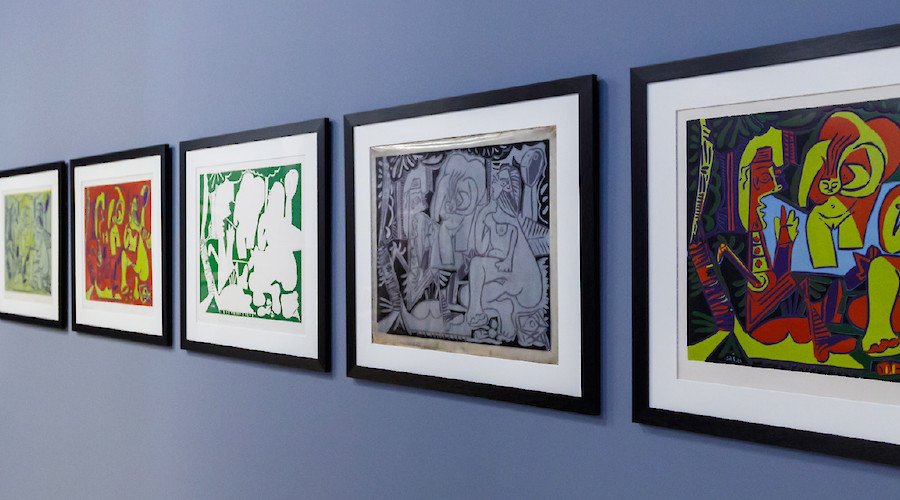Picasso | Encounters

The Clark Art Institute showcases some of Picasso’s most important prints and various paintings, exploring the integral roles that those closest to Picasso played in his creative process.
Although Pablo Picasso (Spanish, 1881–1973) is often idolized as a solitary artist genius, his career was marked by many instances of creative collaboration. The works on display address his evolving techniques, the narrative preoccupations that drove his creativity, the muses who inspired and supported him, and the often-neglected issue of the collaboration inherent in print production.
Picasso / Encounters explores the artist’s interest in experimentation with large-scale printmaking throughout his career. Thirty-five of Picasso’s most important prints and three paintings are included, ranging from the Clark’s rare impression of The Frugal Repast (1904) —Picasso’s first major statement in printmaking— to Ecce Homo, after Rembrandt (1970) made just three years before his death. Through these works, the exhibition explores the integral roles that those closest to Picasso played in his creative process.
A fully illustrated catalogue accompanies the exhibition, with an essay by Marilyn McCully on the role of printmakers in Picasso’s artistic process, as well as a new understanding of the importance Picasso’s muses played in the artist’s life by Jay A. Clarke.